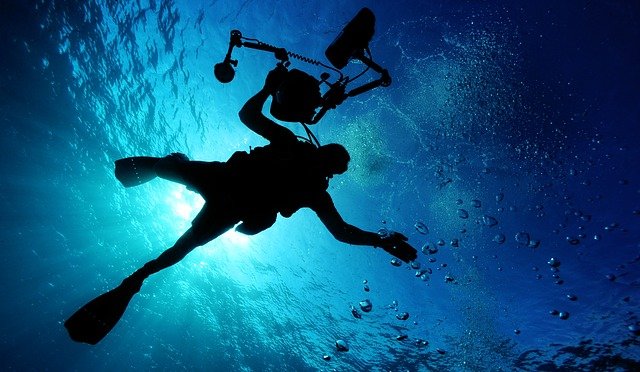
Chemicals hazards are in every workplace – even at home

This study does not support the routine use of CT to stage disease extent in COVID-19 pneumonia, despite superior interobserver agreement, as chest radiography extent is an equally powerful prognostic determinant

In spring, windblown dust storms originating in the deserts of Mongolia and China make their way to Taipei city.

Over the past decade the prevalence of both nonalcoholic fatty liver disease (NAFLD) and type 2 diabetes mellitus (T2D) have dramatically increased worldwide, establishing both as global health concerns (1, 2).

Objectives We assessed SARS-CoV-2 infection, seroprevalence and seroconversion in students and staff when secondary schools reopened in March 2021.

A new study led by scientists at Sanford Burnham Prebys has shown that the protein RNF5 plays an unusual role in acute myeloid leukemia (AML). Unlike its expected role, marking aberrant proteins for destruction, RNF5 binds with a second cell protein called RBBP4 to control expression of genes implicated in AML. These findings, published in Nature Communications, have important implications for improving AML patient outcomes.

Chemist Brian Murphy, pictured in the Molecular Biology Research Building at the University of Illinois Chicago, searches for novel antibiotics by diving for freshwater sponge microbes.

Twenty years after the 9/11 terror attacks on the United States, survivors still suffer from posttraumatic stress disorder—PTSD—a condition that New York researchers will attempt to control through bioelectronic medicine, delivered as imperceptible pulses of electricity from "ear buds" in patients' ears.

SARS-CoV-2, the virus that causes COVID-19, can be spread by exposure to droplets and aerosols of respiratory fluids that are released by infected persons when they cough, sing, talk, or exhale.








